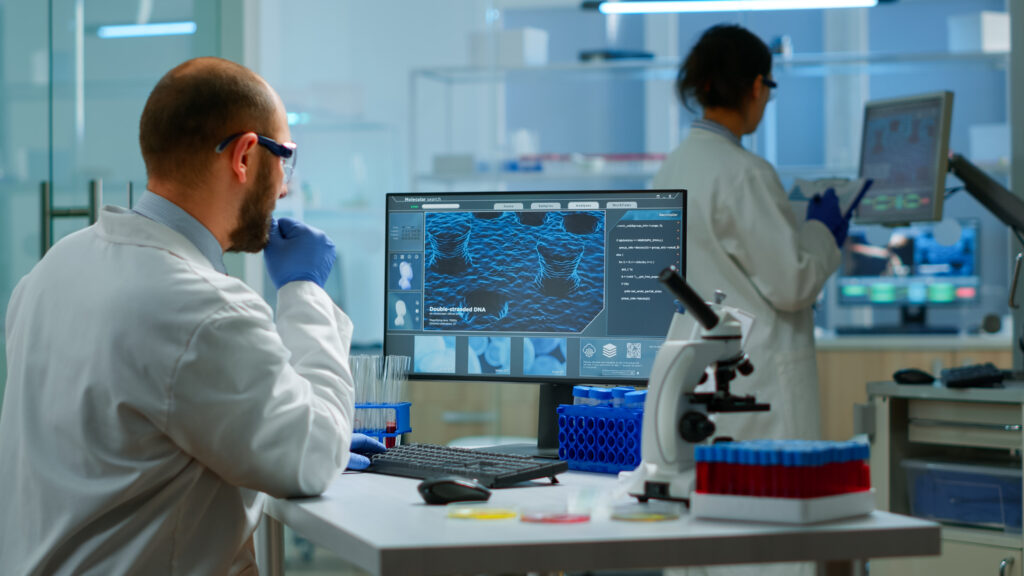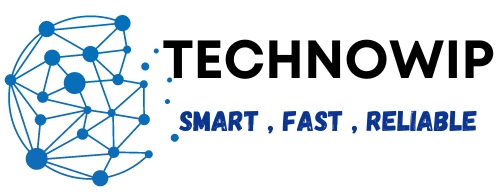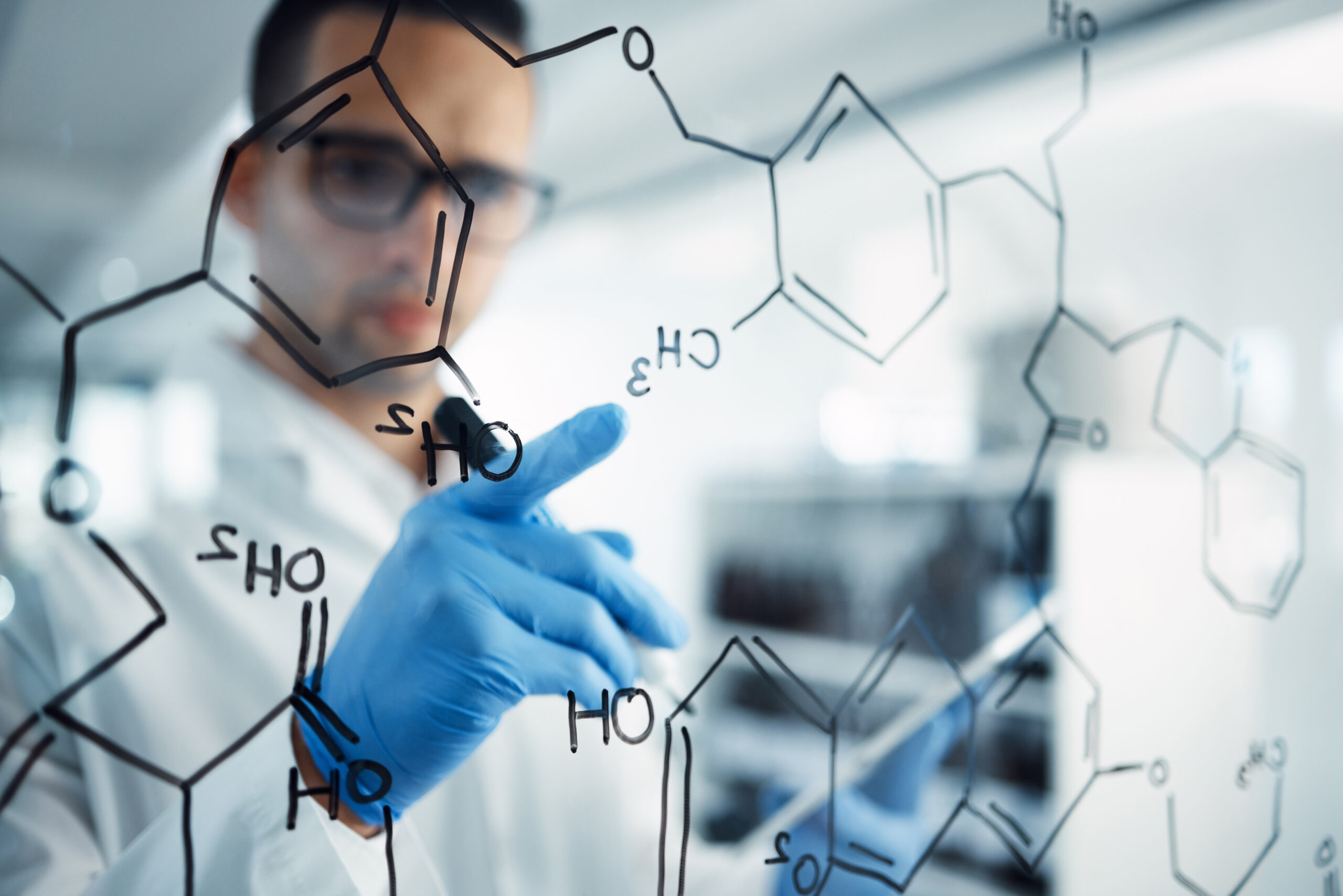Introduction: Breaking New Ground in Medicine
It has been a long-standing challenge for the pharmaceutical industry to discover new drugs. This is a slow, expensive, and unreliable Process. What is the role of generative ai in drug discovery ? It can take many years for traditional methods that involve trial and error to produce meaningful results. Generative AI has changed the way the industry operates. As a result of its ability to predict drug efficacy and optimize clinical trials, generative artificial intelligence is quickly becoming an important player in the drug discovery process.
This blog will examine the impact of generative AI on the discovery and development of drugs. We’ll use real-world data and case studies to illustrate how technology is changing the face of medicine.
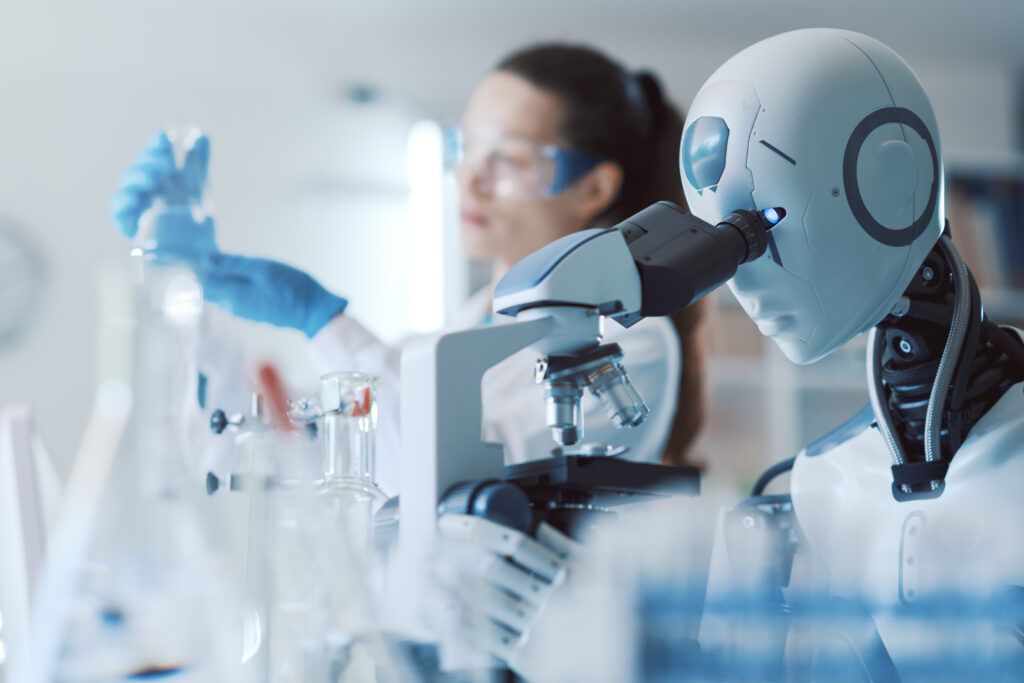
The Problem: A Slow and Expensive Drug Discovery Process
The journey to discover new drugs has always been long and expensive. The Pharmaceutical Research and Manufacturers of America, or PhRMA, estimates that developing a drug could take 10 to 15 years and will cost up to $2.6 billion. The uncertainty of identifying the compounds that are effective as drugs is responsible for this long timeline. Predicting biological activity is a complicated and sometimes guesswork-based process, even with modern technologies.
Clinical trials are notoriously high failure, and many drugs fail in their late stages because of ineffectiveness or unanticipated side effects. The Process is not only inefficient but also expensive. The pharmaceutical industry needs more cost-effective, efficient, and faster methods to discover new drugs.
Agitating the Issue: Can We Speed Up the Process?
The need for better treatments becomes increasingly urgent as the demand grows for new therapies, particularly for cancers, rare diseases, and infectious diseases. As the world’s population grows and chronic disease rates increase, pharmaceutical companies can no longer afford to take a decade for a new drug.
Would it be possible to accelerate the Process of discovery? Wouldn’t it be great if clinical trial costs could be reduced and the odds of success increased? This is what generative AI promises. Generative AI can help researchers discover viable drug candidates faster than traditional methods by simulating and predicting molecular behaviors.
The Solution: How Generative AI is Transforming Drug Discovery
The subset of AI that generates new data is called generative AI. AI-driven drug discovery systems are able to create new molecular structures that could lead to the development of new drugs. Generative AI analyzes existing data on chemical compounds, disease pathways, and biological activity to predict the molecules that are most likely to interact to treat disease.
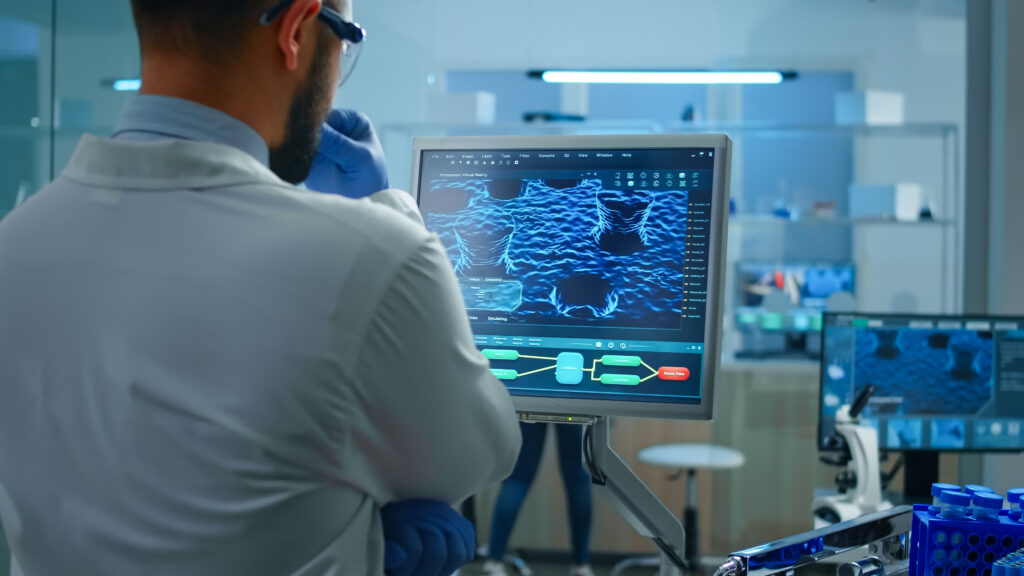
1. AI creates new molecule structures.
The use of generative AI expands the possibilities of drug discovery. Platforms like Atomwise, for example, use AI to screen thousands of compounds to identify the ones most likely to interact with an interesting protein. The Process is not only faster, but it also uncovers new drug candidates.
2. Predicting Drug Efficacy Early
The ability of generative AI to predict the efficacy of drug candidates before they enter clinical trials is one of its most promising applications in drug discovery. AlphaFold from DeepMind, for example, is a powerful tool for predicting how proteins will fold, a crucial step in understanding the interaction of a drug with its target. The technology helps identify drug candidates with a high probability of success, which reduces the chance of expensive failures.
3. Optimizing Drug Design
The goal of generative AI is to improve existing molecules, not just make new ones. AI is able to suggest improvements for a drug by analyzing thousands of different compounds. AI, for example, can determine which modifications to a drug’s molecule are likely to increase potency and reduce side effects. This allows researchers to refine the design of drugs before they test them on human beings.
What I see: Personal reflection
Since I’ve been watching the development of AI across various industries, it’s hard not to be excited by its potential for drug discovery. We’re at the cusp of something really groundbreaking. The amount of time and money that goes into the development of a drug is astounding. I find it exciting to think about how AI could speed up this Process without sacrificing quality.
Case Study: AI and COVID-19 Drug Development
COVID-19 forced pharmaceutical companies to reconsider their approach to drug development. AI-based technologies helped researchers develop treatments and vaccines in record time.
Insilico Medicine is a biotech company that uses AI-generated drug candidates to find a treatment for COVID-19. A company AI system created new compounds which could possibly inhibit the ability of COVID-19 to reproduce. It was only one of many examples where generative AI could have accelerated the crisis and found solutions.
What I think about the AI Revolution
The rapid pace at which AI has changed the landscape of drug discovery is truly amazing. COVID-19 has shown how important it is for drug discovery processes to be faster and more efficient.
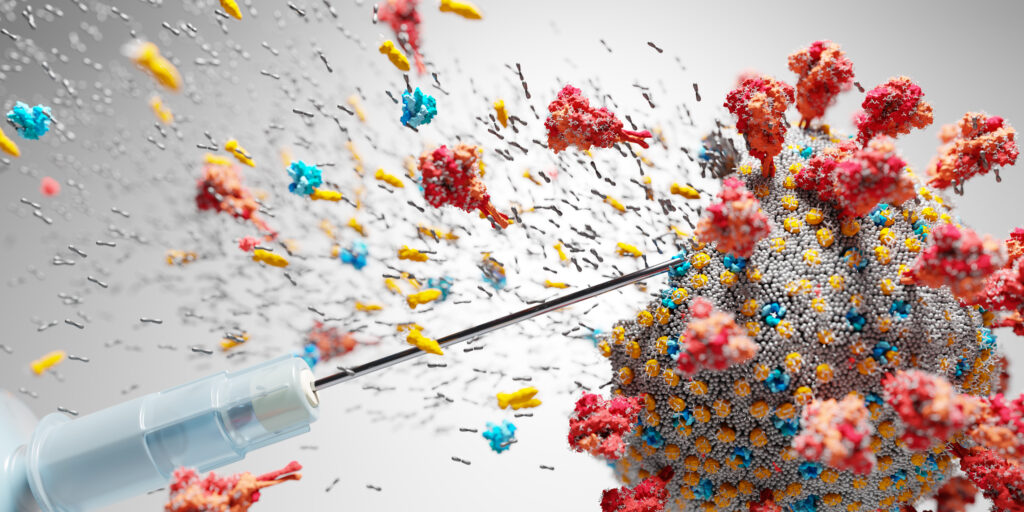
Generate AI for Drug Discovery: Benefits
1. Drug Development Can Be Accelerated
Generative AI drastically reduces the time required to develop and discover new drugs. AI is able to reduce the time it takes for traditional drug development by months. Benevolent AI is a drug discovery company that uses AI. In just a matter of weeks, they were able to find a treatment for COVID-19.
2. Reduced Costs
The cost of drug development remains a major challenge for the pharmaceutical industry. AI can be used to reduce the amount of compound testing by predicting which ones are most likely to succeed. This will save companies millions. AI can also optimize clinical trials to make them more efficient and targeted, which will reduce costs.
3. Personalized Medicine
The use of Generative Artificial Intelligence can be used to create tailored drugs for individual patients based on their genetic makeup. It is especially important in diseases such as cancer, where patients react differently to different medications. AI, by analyzing large amounts of data, As more targeted treatments become possible, medical data analysis is becoming an integral component of providing optimal healthcare to individuals.
I’m a Personal Expert: What Do You Think About the Future of Medicine?
Generative AI will reshape the future of medicine as someone who has always been fascinated with the role technology plays in health care. Millions of people’s lives could be changed by the ability to develop personalized treatments.
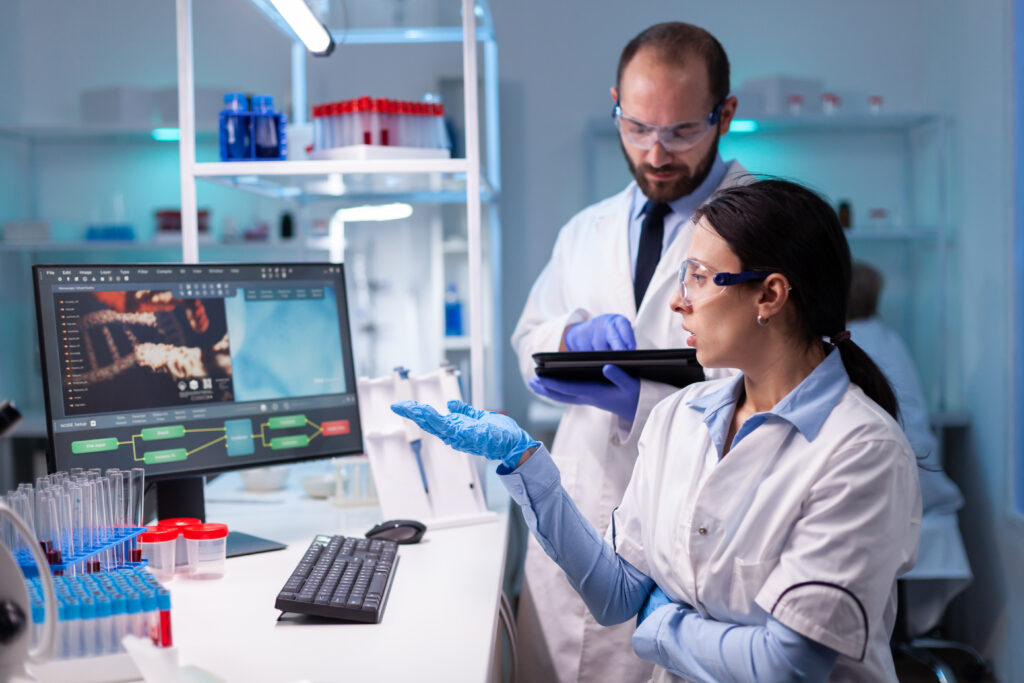
Generative AI and Drug Repurposing: Finding New Applications for Existing Medicines
We will look at how (AI) is helping drug manufacturers discover new uses for existing pharmaceutical compounds. The Process is known as “drug repurposing”. AI is able to suggest new uses for drugs that regulators already approve. It does this by analyzing large amounts of information from research articles, clinical trials, and chemical databases. The approach is attractive to both large pharmaceutical companies as well as startups because it can reduce costs and development times.
The following are the key points to cover:
- Case Study: AI discovery of drug repurposing, such as Thalidomide for cancer treatment.
- Benefits include a faster time to market and lower costs for research.
- Challenges: Clinical trial modifications and regulatory hurdles for new uses.
- Future Outlook: The role that generative AI is likely to continue playing in the expansion of existing drugs used for treating new diseases.
AI and Ethics in Drug Discovery. Balancing Innovation and Responsibility
The article will address ethical issues surrounding the use of AI for drug discovery. This includes concerns regarding data privacy, algorithms, and AI-driven decision-making. AI has tremendous potential but also brings up questions regarding how much power we should give machines in the field of medicine. The post can explore the benefits and challenges of using AI in an industry as highly regulated as healthcare.
The following are the key points to cover:
- AI Bias: A bias in data training can impact drug discovery results, particularly for those underrepresented groups.
- Protecting data privacy is important when AI models are being trained.
- Ethics Oversight: who is accountable when AI decisions affect patient care and are made by AI?
- Regulating and Accounting: how governments and organizations can use AI technology responsibly to discover drugs.
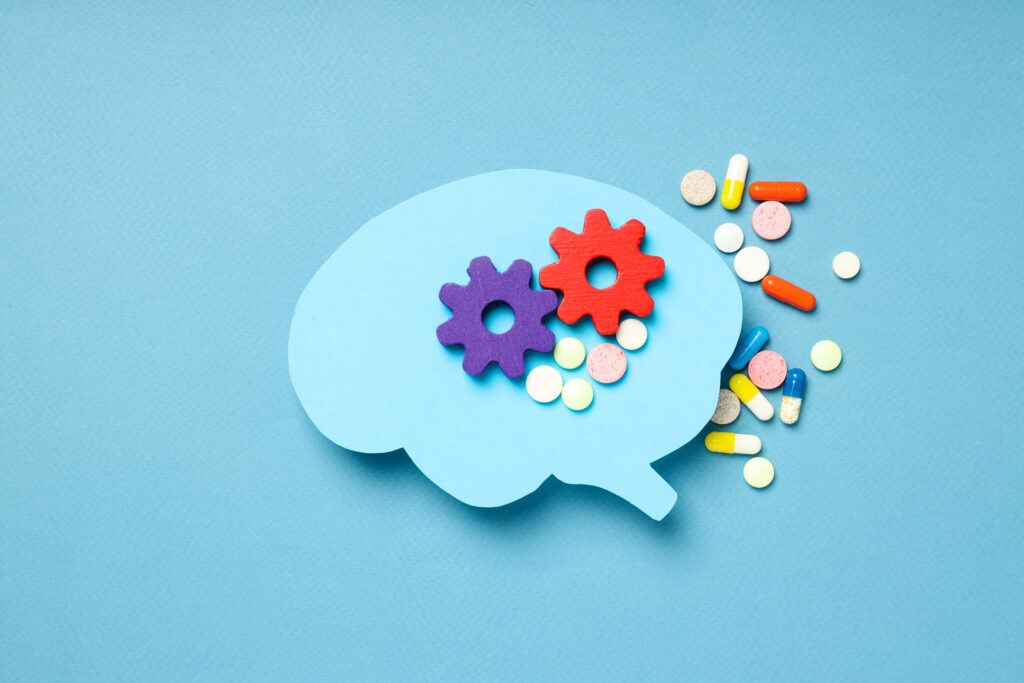
Conclusion
Generational AI (GIAI) is more than just a buzzword; it represents real progress toward our world becoming ever more interdependent and automated. It is an innovative technology which has already changed drug discovery processes. AI’s capacity to design and optimize new drug candidates reduces risks, costs and timeframes associated with creating medications from scratch; further developments could see breakthroughs in how we treat disease.
AI is advancing at a rapid pace, which means that the possibilities for more efficient, faster, and cheaper drug development are enormous. The pharmaceutical industry is experiencing a very exciting period, with generative AI playing an important role. What’s the best thing?
FAQs
What does generative AI mean in the context of drug discovery?
Artificial intelligence (AI) that generates molecules and can predict their efficacy in treating disease is called Generative AI. By simulating and optimizing molecular structure, it speeds up the drug discovery process.
How does generative AI help in drug development?
The use of Generative Artificial Intelligence (AI) can help identify potential drug candidates and design new molecules. It also helps predict their success during clinical trials and optimize drug efficacy.
What are the benefits of AI for drug discovery?
AI helps to create customized treatments for individual patients, as well as reduce costs and increase success rates.
Can AI predict the efficacy of drugs before clinical trials are conducted?
AI models can analyze large datasets to predict how molecules behave within our bodies. This could help identify effective drug candidates earlier in the development process.
What role does AI play in the repurposing of drugs?
AI is able to analyze drugs already on the market and find new ways of using them. This can speed up the discovery process for treatments by repurposing medications that have been approved.
What is AI drug optimization?
AI is able to analyze chemicals, predict their efficacy, and make suggestions for modifications that will improve potency and reduce side effects.
What real-world examples can you give of AI being used in the drug discovery process?
AI has been used by companies like Insilico Medicine, Atomwise, and others to find promising drug candidates, including COVID-19 cancer treatments.
What are the challenges AI faces in drug discovery?
The challenges include data quality assurance, algorithmic biases and regulatory obstacles, as well as the requirement for large datasets in order to train AI models effectively.
What is the future of drug development?
The potential of Generative Artificial Intelligence to revolutionize the drug discovery process is enormous. It can make the Process cheaper and faster while also being more accurate.
What role can AI play in personalized medicine?
AI is able to analyze clinical and genetic data in order to create treatments tailored for each patient, maximizing effectiveness while minimizing adverse effects.
